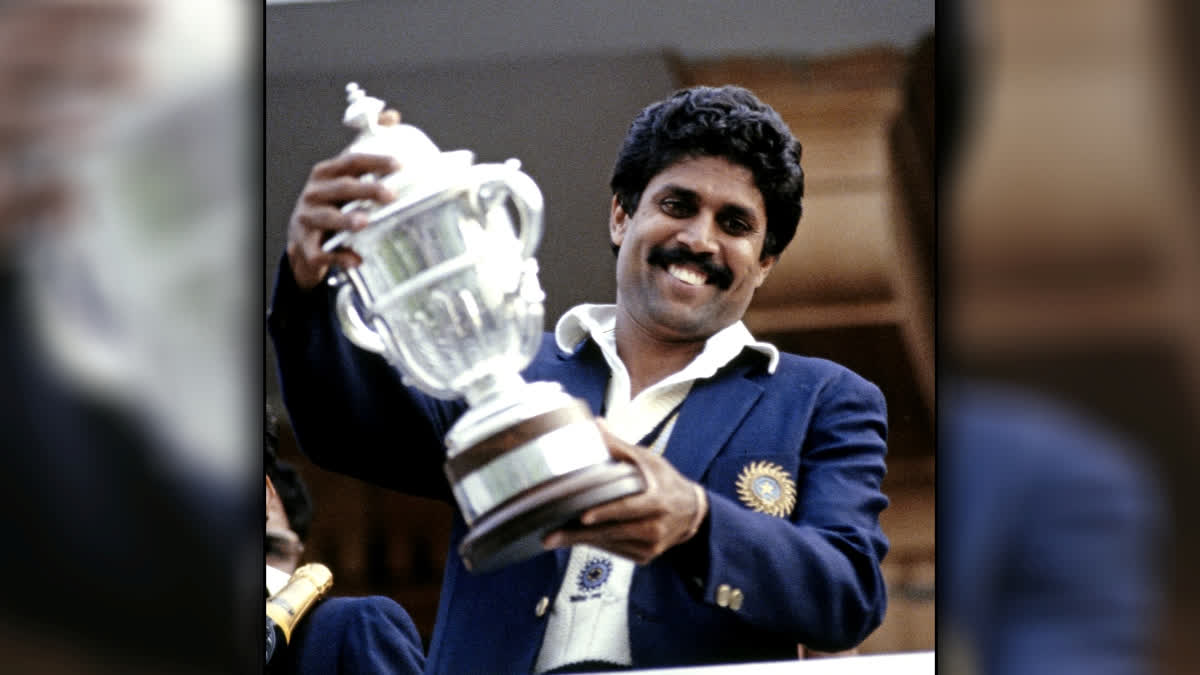Kolkata (West Bengal): June 25 is one of the most significant dates in the Indian calendar. The very date — June 25, 1975 — brought India shame and despair exactly 49 monsoons ago as the then President of the country Fakhruddin Ali Ahmed officially issued the Emergency under Article 352 of the Constitution of India purportedly for prevailing "internal disturbance". The emergency was in effect for two years till March 21, 1977.
The emergency period of 21 months was tough to accept for the Indians as the demonic order paved the way for the then Prime Minister Indira Gandhi the authority to rule by decree. The harrowing time called for the cancellation of elections, civil liberties were suspended and the press, considered the fourth pillar of democracy, was censored.
This led to pandemonium across the length and breadth of the country. So, as Prime Minister Narendra Modi launched the parliament session for his third term at the helm, he brought the issue of emergency alive and became the talk of the town soon after he reminded the date (June 25) on June 24 that marks the 50th year of the blot.
"Tomorrow is 25 June, 50 years ago on this day a black spot was put on the Constitution. We will try (to ensure) that such a stain never comes to the country,” Modi said referring to the Emergency imposed back in 1975 as he began the parliament session on Monday.
Having said that, the very date June 25 which was a blot in the Indian calendar lasted for 8 years i.e. till 1983. As India won their first Prudential World Cup in 1983 under the leadership of Kapil Dev to turn the agony into ecstasy. India may have bagged the coveted trophy later once more in 2011, but the triumph in 1983 holds a special place and is etched in the hearts of sports aficionados.
On this very date, India became a serious cricket-playing nation with all focus on the Sunil Gavaskars, Kapil Devs and Mohinder Amarnaths. Getting the better of the mighty West Indians was no mean task considering the line-up they boasted of. The likes of Clive Lloyd, Vivian Richards, Gordon Greenidge, Desmond Haynes, Malcolm Marshall, Joel Garner, Andy Roberts, Michael Holding used to send shivers down the spine of the cricketers of other countries of the same generation.
The then toast of the nation, Kapil Dev, almost single-handedly brought the Indians out of the slouch and stunned the entire cricket fraternity to culminate 'cricket' culture in India. That culture later turned into a religion in the last 41 years. Since then, India has gone on to achieve bigger things in the world cricket to be reckoned as a superpower. They won the Asia Cup dispatching a formidable Pakistan in 1984 followed by the Rothmans Cup (1985) and the Benson and Hedges World Series (1985), in which Ravi Shastri won the Audi by becoming the Champion of Champions (player of the series).
Thereafter, the volume of Indian cricket folklore started getting heavier as India got their first cricket World Cup hosting right in 1987 (Reliance Cup). So, the date June 25 remains significant in the Indian context, whichever context one may take it — The Good, The Bad And The Ugly.



